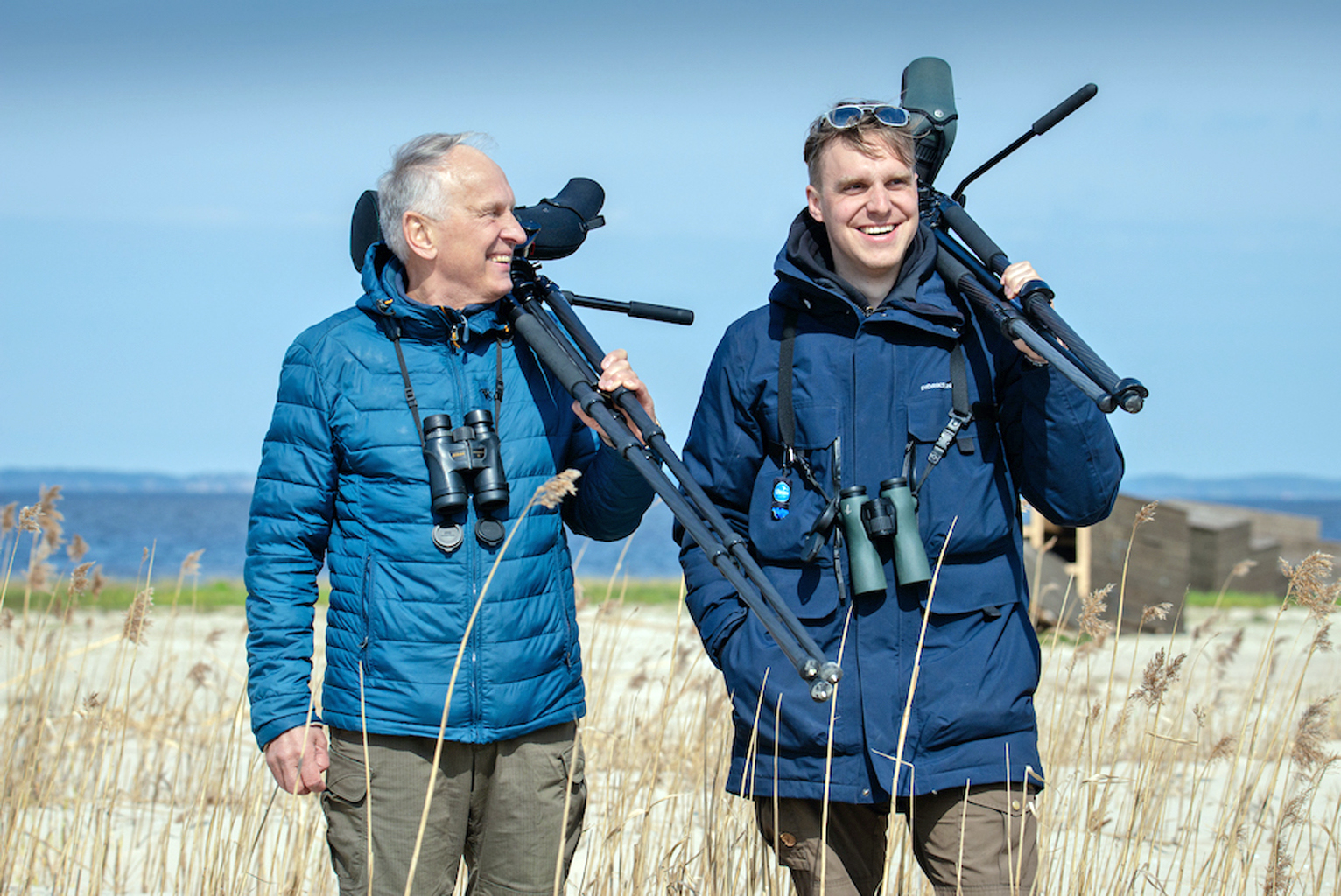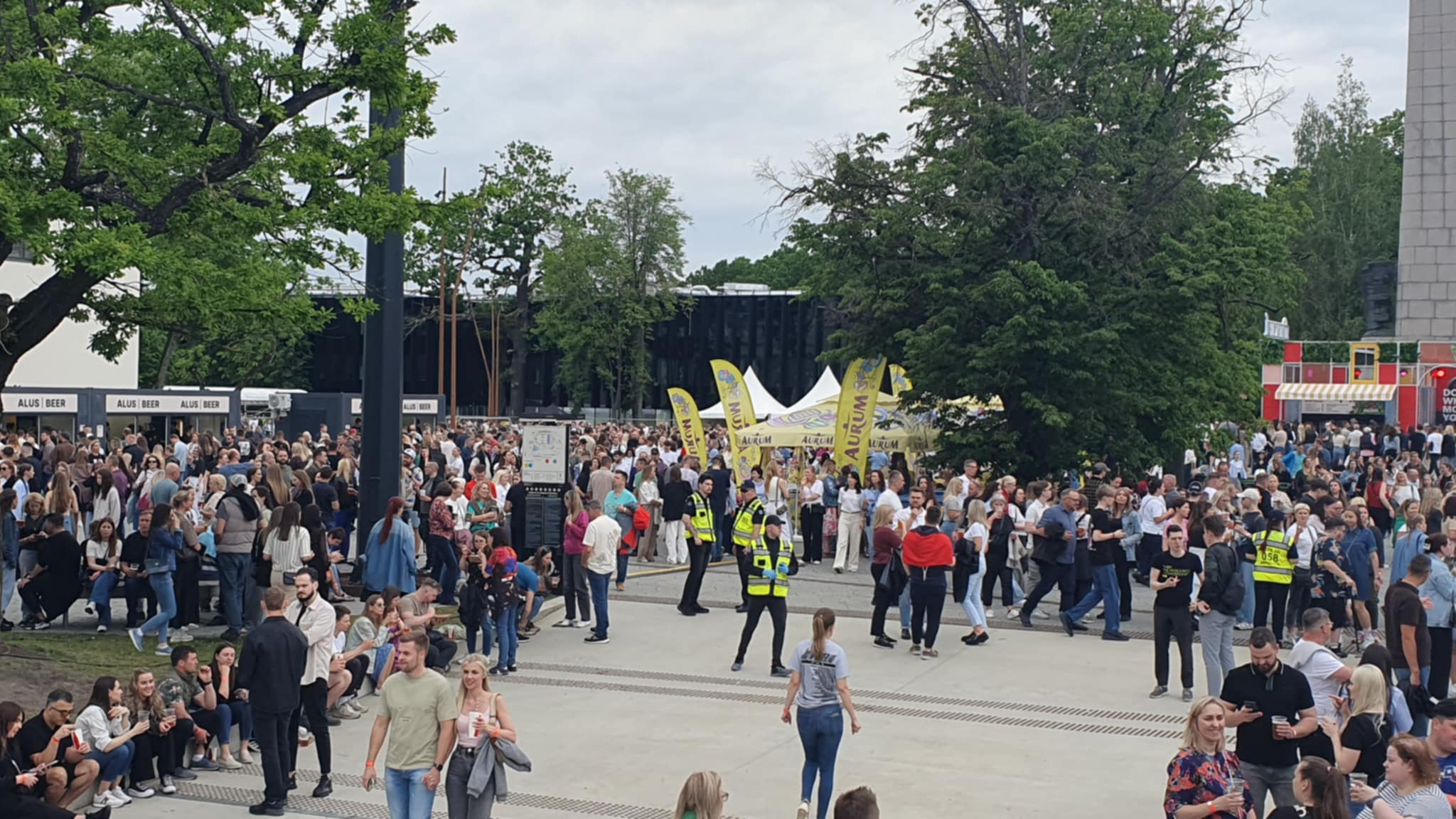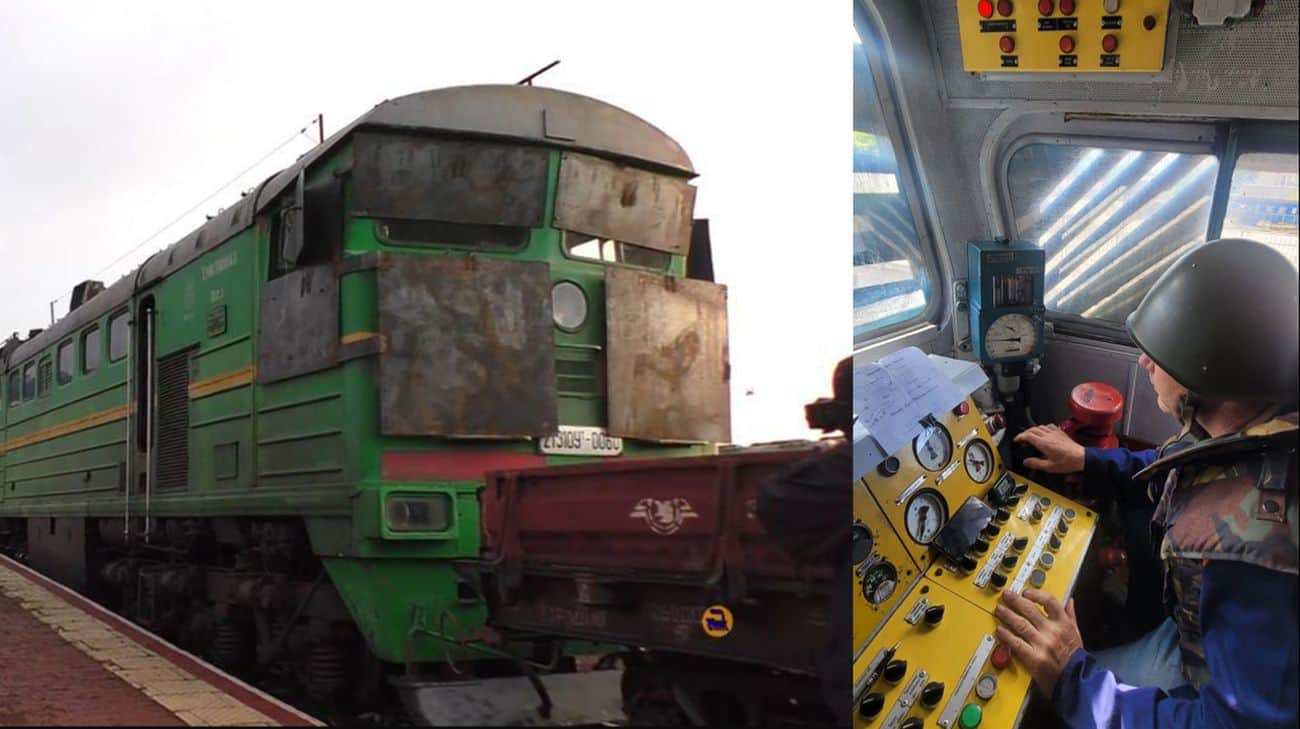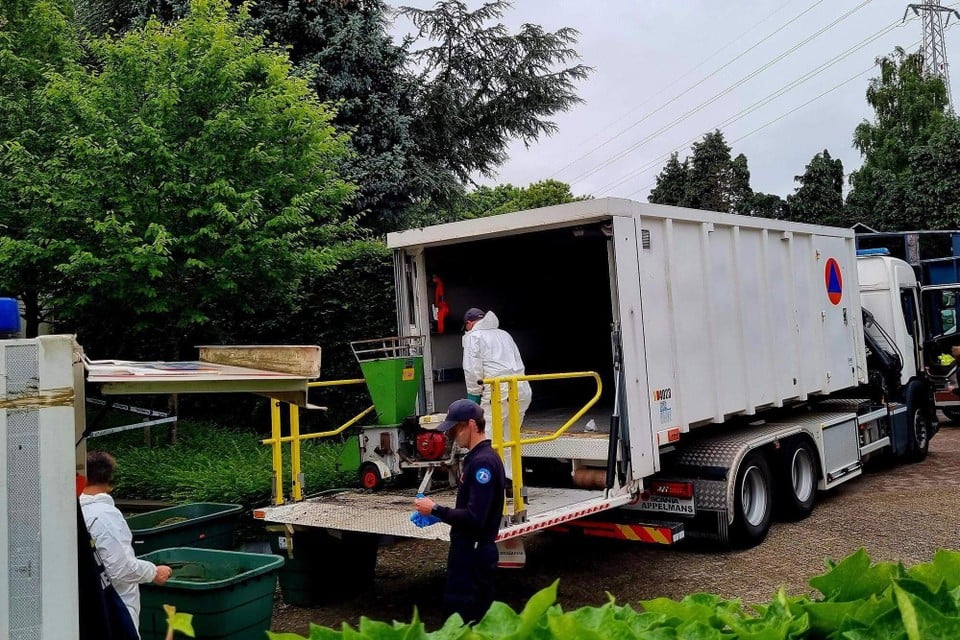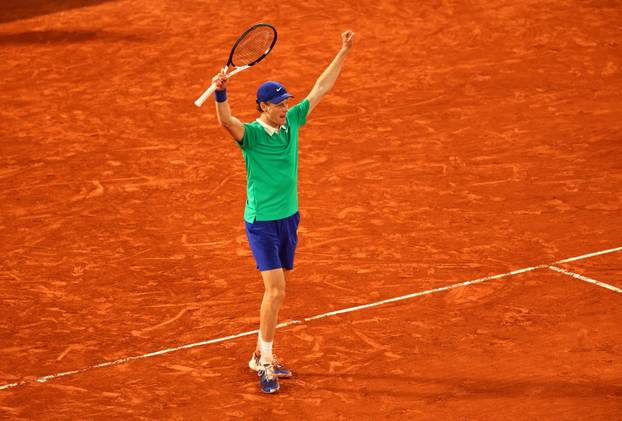There were replies – play and pass
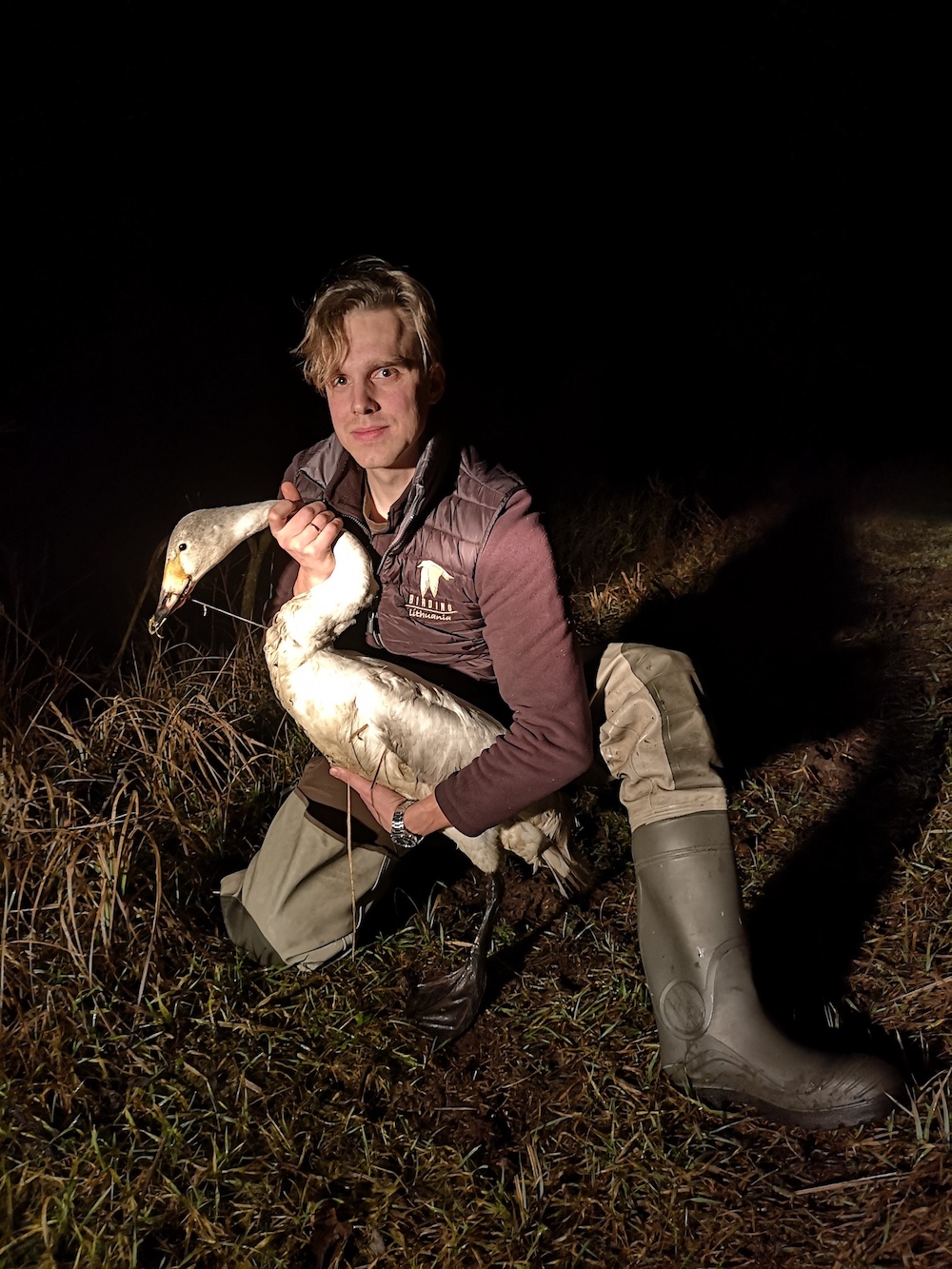
– Mariau, did you become what you wanted to be since childhood?
– I don’t know if I immediately knew what I would like to be in my childhood. Maybe it was just clear what attracted me – nature. Although I remember that in the elementary school I drew my future profession as a furniture – because Dad worked with wood. Nature, forest, swamp was my playground, so naturally everything was. Am I happy? Like every job, there are interesting things and those that don’t really like, but basically, today I choose what I want to be, which is the most important.
– Did you live in the countryside?
– Oh yes, I grew up in the village of the Great Raistas in Jonava district. It is such a former peat bog, and before that is one of the largest wetlands in Kaunas and Jonava districts, drained and operated during the Soviet era. Of course, when I was born, there was only such an exclusive wound surrounded by forests. And there were almost no children in the village, only on weekends from other cities with grandparents. So naturally it was that after school I went somewhere into nature, swamps.
– And what did you do there?
– I don’t think a child needs to think about what to do. The child needs empirical experience. Let’s say adults have enough knowledge, and the child needs to touch, create, feel, smell, and so on. In nature, such adventures. That was what I was concerned about: pulling home a lizard or snake, raising mice, catching moles.
Fishing, before my teenage years, when I became interested in birds, was a very big hobby. I went alone to fishing in the peatland lakes. Nature is such an undetected playground where you don’t have to think about what to do for a long time. If the child is curious, just walking around the forest, the meadows, can find a variety of activities on each corner.
I am very pleased that I have found myself early and started to do ornithological work for twenty years.
– Modern children growing up in the city no longer have such opportunities. How do you think if you hadn’t lived in nature, would you be where you are now?
– Of course, now I have a hard time imagining my life unrelated to social and environmental values, but if the environment was different, I might have chosen another path. I think part of the human worldview – whether it is egocentric, focused on itself, or more altruistic, directed at the environment (ecocentric), is encoded in genes.
It seems to me when a person is born, it is already clear where he will be happy. And later, according to that worldview, where to realize yourself: whether everything for yourself, others, it doesn’t matter if they want to give themselves to the environment. So it probably depends on the medium in which the person is growing. If you grow up in nature, maybe nature is important, but if you live in the center of Vilnius, maybe you will fight for human rights. Much can be realized in many ways, but that worldview, I think, is already encoded at our birth.
Position: « Nature must live in nature, not in the human room, » says Mr Karlon, who is temporarily accommodated at home unless the injured animal. With a saved swan singer. / Photo by M. Karlon’s personal archive
– How did the birds come about in your life?
– Oh, they came, in fact, in one day. My parents started feeding the birds in the yard, which was not very interesting to me, but I sat with a cup of tea by the window, looked at that feeder in the apically and suddenly saw a bird of predators that revealed from my neighbors. He attacked the birds in the feeder, did not get anything, flew to the side, but from that moment I was wondering: I want to know more about that bird, I want to raise such a bird of predator.
I started reading books, and soon my parents introduced the internet at home, found the forum of the Ornithological Society and realized that I am so strange. I started to get interested, to ask. Of course, very quickly, ornithologists, I have shown that nature does not need to be pulled home, that nature has to live in nature. Still, that understanding came to me and myself, when I am involved in the community of true naturalists. I realized that nature has to live in nature, not in the human room or somewhere else. Since then, I have not kept any animal at home, unless temporarily injured.
Then I just started watching, every day after classes to go to nature, to the swamps, to the forests, but to look for birds with other eyes, not only the predators, but the various birds. I remember my parents bought binoculars, saved and bought a little camera.
Little by little, I was noticed by experienced ornithologists, taking me on various expeditions, excursions and outings – so I got involved. I was a member of the Ornithological Society since eighteen, I was elected the Ornithological Society to the Board of the twenties, soon started to participate in various bird accounting, to work with environmental projects.
– What about lessons, as exams?
– I am not a diligent student at school, even sometimes weaker than the average. Thanks to the deputies who noticed my propensity for nature in grades 11-12 and started preparing me for a biology exam because they saw that I was concerned, even though no one else cared about me.
I graduated from school and entered the then Agricultural University. But I went in my dad’s footsteps – I went to forestry because it seemed that nature was necessarily forests. Half a year later, realizing that farming for economic purposes was not me, I quit university and started working as an ornithologist.
Six years later, I was encouraged by colleagues, a good friend and VMU lecturer Žydrūnas Preikša, re -entering, just to the VMU Agricultural Academy, the Applied Ecology Program. And I was not mistaken – this area was just for me. This is how I finished my undergraduate, then a Master’s degree.
– What did the studies contribute to the career of a self -taught ornithologist?
– Much. I could have said that I know everything, I have a job, but a good specialist needs a university education too. On the one hand, I received a diploma without which I would not have been able to work on expert work, on the other hand, studies gave a much broader understanding of the environment around us.
Although the family was very supportive of me, I remember jokingly even my grandparents have said, « Well, Mariuk, you are already doing as seriously as you can. »
From the age of eighteen, I was forbidden to become interested in other things unrelated to ornithology. After all, you can’t know everything, and life is too short to be distracted by several activities. However, as you rotate in one area, you finally realize that you also need a broader understanding, at least about the realities of your activities. A good ornithologist must know both hydrology, botany and all other things, even farming and forestry. The ecologist gains a common perception of how the world works, how the whole natural system works, how the dead and living worlds interact.
So the studies introduce you to certain areas that you might not find time or not to be in a thorough look. I met great lecturers with whom I could both discuss and listen to interesting lectures when I went to listen. It was a pleasure to draw from their knowledge.
– You have been studying and working at the same time, and now there are many different projects on your list of activities. Where do you have so much energy from?
– When a person does what he really likes, does not count anything, just enjoys. Life becomes a job, which is at risk of becoming a workaholic or even burning – I have experienced it, but I realized that I can’t.
Like every person, not necessarily in the field of nature, the meaning, self -realization is key. If a person discovers what he likes, and does not waste time on what he does not like, then everything is done. Then you don’t work any way, because it is pointless to do what you can mean. It would be unfortunate to work with poor quality.
Of course, those all our initiatives, projects are more of my ideas, but we work with their wonderful team, colleagues, so thank you for it. The only thing I try to consider is the needs of family and children and the precious time with them.
Photo by M. Karlon’s personal archive
– The most common enemy of self -realization is family, friends or those around you who are trying to discourage you. Was there no resistance in your path?
– It was, of course,. After all, adolescence was – how many bullying. Imagine a fourteen -year -old watching birds. Children who are different, do not engage in normal activities, are always the subject of bullying, and nicknames are glued. Children, and most teenagers under sixteen are very cruel. Then a person learns something unlocked or laughed at thoughts.
So if someone seems to have been, I was just one of the disadvantaged here, that’s not, in adolescence, probably everyone is encountered. Only maybe some more, others less. I think it is important not to emphasize it later as injuries. This is a stage in a young person’s life and there will be no other way, you need to focus on your subjects and try to ignore much.
Although the family was very supportive of me, I remember jokingly even my grandparents said, « Well, Mariuk, I’m already doing as serious, not those birds. » There have been such sayings, ridicule, about, play and pass. It seemed to everyone that you wouldn’t survive it, do what « normal » people were doing.
– What advice would you give to current students?
– I am very pleased that I have found myself early and started to do ornithological work for twenty years. The school provides standard knowledge, but it is important to look for yourself what you like and start to become curious about it.
I would advise you to follow the same credo, whom I kept – not to be distracted. If you have already discovered, you will keep your field. Life is short, so if you want to be a good specialist, you have no time to have four hobbies and another fifth activity. Interesting and expanding the worldview is good, but it is not worth the constant to go through different activities.

